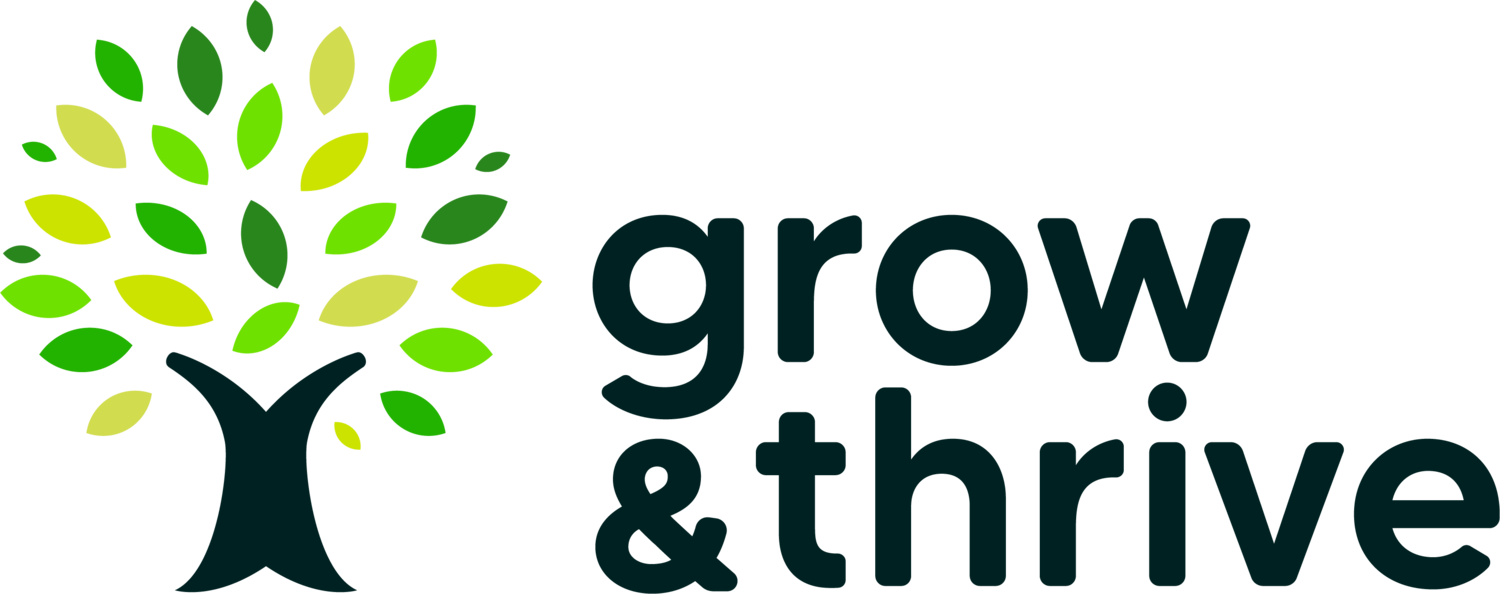Raising sparks
Wow - responding to fantastic post by Heidi LoStracco
about "the expectation effect" and the difference that raising our expectations can have. Expectations and presumptions are something that occupy my thoughts a lot just now with regard to communication in my speech and language therapy work, especially with young people with Autism. The more I read about "presuming competence" the more I relate to that ethos.
Heidi's blog post looks at a study by Bob Rosenthal in rats which found that when they were seen as capable, competent and valuable, the perceptions and high expectations changed the way they were treated. Even more remarkably it actually changed their outcome.
As Heidi writes in her post:
Your thoughts about a child/student’s ability affects his/her outcome, even if you never speak them. High expectations are not the opposite of reality. There is evidence-based research: Expectations shape reality.
So, the perceptions and expectations that I have about the autistic children I work with as a Speech and Language Therapist affect their outcome. Wow - what a profound responsibility and privilege to hold very carefully.
I believe that everyone has a spark. For each individual, that spark - when we recognise it - can be nurtured into a something that is a blaze for that person. And that might be a blaze that looks trivial to the outside world but makes every difference to the individual and their family.
Let me make it clear that I am not talking about unrealistic expectations and miracle fixes - there are none - but about that recognition I experience as a specialist speech and language therapist when I "see" the hidden spark and know some of the tools I can pass on to nurture it.
The spark might grow into a shared language of babble and vocalisations where a mum and child learn to speak the same language and find an even deeper bond.
The spark might grow into using photos to ask for something.
The spark might grow into the ability for that person to use a communication book to share favourite anecdotes, or to comment "that smells"!
The spark might grow into spoken words.
The spark might grow into using a high-tech AAC device to support academic work.
The spark might grow into using a he individual using a sign to say when they want more of something.
The spark might be understanding that our individual is communicating by the way that their eyes flicker or their the left foot shifts.
The possibilities are wide-ranging, and of course individual. As a speech and language therapist I can't predict how a spark will grow, and of course it needs the right conditions for a flickering spark to take hold. But as the therapist it is my absolute PASSION to dig down and find that spark (however tiny) and look at how we can grow it together. I am not saying that I can wave a magic wand or deliver a magic therapy - just that I will look for that spark in your child and help you as parents to grow that to its potential.
It's what lights the spark in me. Even tiny tiny sparks make a massive difference to lives.
Exciting post. Jude :)

